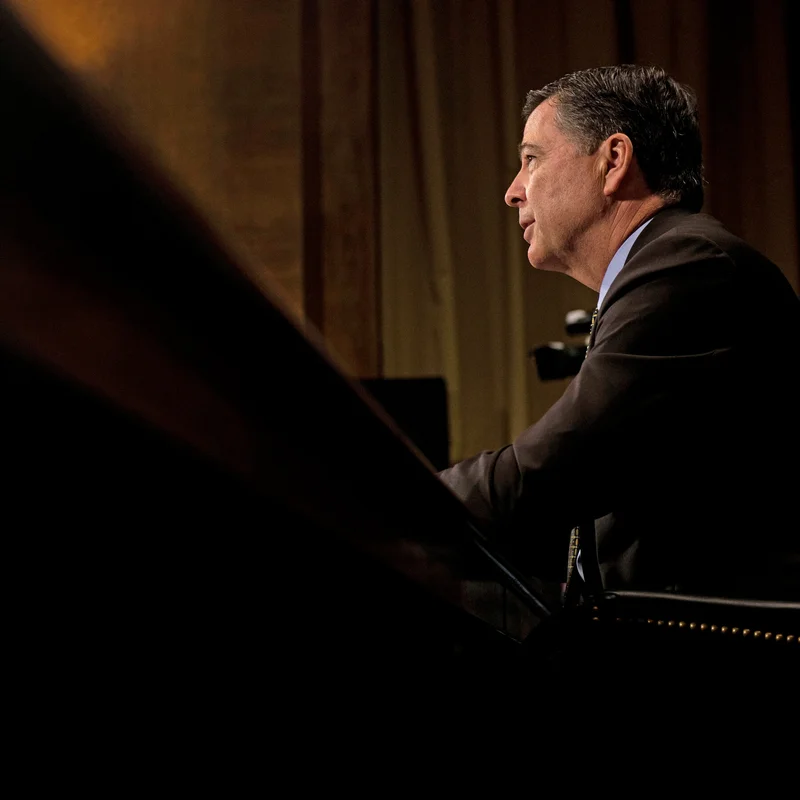In a move that has reignited fierce debate over the weaponization of justice, former FBI Director James Comey was indicted on September 25, 2025—marking what critics call a politically driven act of retribution by the Trump administration. The indictment, stemming from a years-old leak investigation, bypassed longstanding Justice Department (DOJ) norms that insulate prosecutorial decisions from White House influence. Legal experts warn the precedent could normalize politically motivated prosecutions in the U.S. .
What Led to the Comey Indictment?
The charges against Comey relate to his disclosure of memos detailing conversations with President Trump in 2017—specifically, whether those disclosures violated classified information laws. While the DOJ under both Obama and Biden declined to prosecute, a Trump-appointed U.S. attorney in Virginia revived the case in early 2025 after direct encouragement from senior White House officials .
According to internal DOJ documents obtained by The New York Times, the prosecutor pursued the indictment despite objections from career attorneys who cited insufficient evidence and concerns about political interference .
- 📅 May 2017: Comey leaks memos about Trump conversations after being fired
- 🔍 2017–2024: DOJ investigates but declines prosecution under two administrations
- 🗳️ Nov 2024: Trump re-elected; signals desire to “hold Comey accountable”
- ⚖️ Sept 25, 2025: Federal grand jury indicts Comey on one count of mishandling classified info
Breaking DOJ Norms: A Step-by-Step Breakdown
White House expresses interest in prosecuting political opponent
Appointed U.S. Attorney reopens closed case
Career prosecutors object—overruled
Indictment issued—norms shattered
Why This Matters to Americans
For North American readers, this case isn’t just about one former official—it’s about the future of impartial justice. The DOJ has operated under an unwritten but ironclad rule: prosecutions must be based on evidence, not politics. That principle, enshrined in the Justice Manual, protects citizens from being targeted by those in power .
DOJ Norms vs. Current Actions
| Traditional DOJ Practice | 2025 Comey Indictment Approach |
|---|---|
| Decisions made by career prosecutors | Driven by political appointee under White House pressure |
| Avoids prosecuting based on past political roles | Targets former official for actions tied to Trump investigation |
| Declines weak cases to preserve credibility | Pursues indictment despite internal dissent |
Reactions from Legal and Political Circles
Former Attorney General Eric Holder called the indictment “a dangerous precedent that turns the DOJ into a political hit squad.” Meanwhile, Senate Judiciary Committee Chair Lindsey Graham defended it as “long overdue accountability” .
Legal scholars warn that if such actions become routine, future administrations—of any party—could retaliate against opponents with criminal charges, eroding public trust in the rule of law.
For more on the balance between justice and politics, see our deep dive on [INTERNAL_LINK:doj-independence-us-history].
Looking Ahead
Legal analysts expect Comey’s defense team to challenge the indictment’s legitimacy, possibly arguing selective prosecution. The case may ultimately reach the Supreme Court—where it could redefine the boundaries of executive power and prosecutorial discretion.




